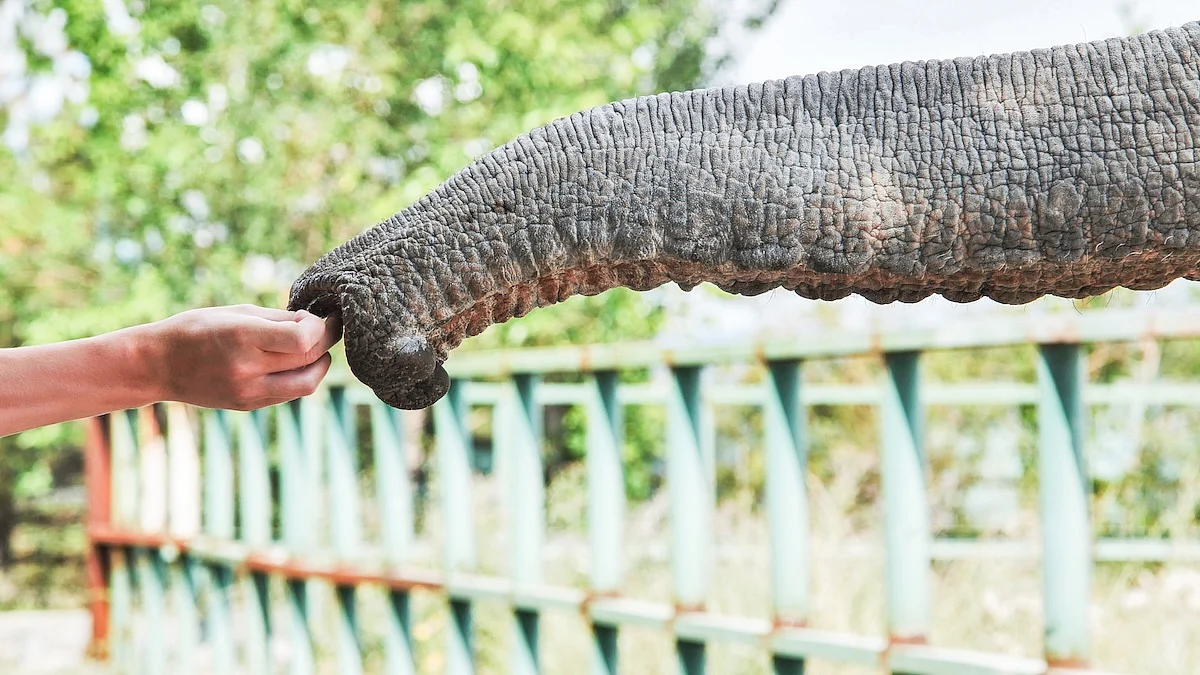Why Experts Say You Shouldn’t Feed Wild Animals
SUNDAY, July 20, 2025 — Feeding wild elephants might seem kind or exciting, but a new study warns it can lead to serious harm.
Researchers at the University of California San Diego say that giving food to wild animals — especially elephants — can change their behavior in dangerous ways.
“Many people, especially foreign tourists, think Asian elephants are tame and docile, like domestic pets,” lead author Shermin de Silva, a conservation scientist and professor of biological sciences, said in a UCSD news release.
“They don’t realize these are formidable wild animals and try to get too close in order to take photographs or selfies, which can end badly for both parties,” she added.
The study, published in the journal Ecological Solutions and Evidence, looked at 18 years of data from elephant tourism areas in Sri Lanka and India.
In Sri Lanka’s Udawalawe National Park, researchers found that dozens of elephants had learned to “beg” for food near fences and tourist vehicles.
One male elephant, nicknamed Rambo, became a local celebrity for this behavior.
The impact? Tragic.
Several people were killed or injured in elephant encounters, the news release said.
At least three elephants were killed, and some animals ate plastic bags or other waste while trying to get food.
In India’s Sigur region, researchers tracked 11 male elephants who were fed by people. Four of animals later died, likely because of humans.
“Food-conditioned animals can become dangerous, resulting in the injury and death of wildlife, people or both,” the researchers wrote.
“These negative impacts counteract potential benefits,” they added.
Feeding wild elephants may cause them to lose their natural foraging skills, especially if they start relying on sugary snacks or processed food, researchers said.
It may also raise the risk of disease spreading between people and animals.
While most tourists mean well, experts say the best thing to do is never feed wild animals, no matter how safe it seems.
Feeding animals might feel like helping a friend, the researchers explained.
“But this encourages wild animals to seek food from people, attracting them to areas that can put themselves or people at risk,” de Silva said.
“It can be a conduit for disease transfer between species," she said. "Such feeding can also cause animals to lose their ability to forage for themselves if the behavior becomes prevalent, especially with young animals.”
Sources
- University of California San Diego, news release, July 15, 2025
Disclaimer: Statistical data in medical articles provide general trends and do not pertain to individuals. Individual factors can vary greatly. Always seek personalized medical advice for individual healthcare decisions.
© 2025 HealthDay. All rights reserved.
Read this next
Household Items Tied to Sharp Increase in Self-Harm Cases in Teens
WEDNESDAY, Sept. 10, 2025 — Cases of self-harm involving 6- to 12-year-olds have risen sharply, and researchers warn that common household products are often...
Ultrasound Helmet Provides Surgery-Free Brain Stimulation
WEDNESDAY, Sept. 10, 2025 — Deep brain stimulation has shown promise in treating conditions ranging from epilepsy and Parkinson’s disease to cluster headaches...
Wireless Ultrasound: A Potential Revolution In Assessing On-Field Sports Injuries?
WEDNESDAY, Sept. 10, 2025 — The collegiate sports season is upon us, and with it the inevitable bruises, sprains and strains that come from tough competition. Portable...
More news resources
- FDA Medwatch Drug Alerts
- Daily MedNews
- News for Health Professionals
- New Drug Approvals
- New Drug Applications
- Drug Shortages
- Clinical Trial Results
- Generic Drug Approvals
Subscribe to our newsletter
Whatever your topic of interest, subscribe to our newsletters to get the best of Drugs.com in your inbox.


